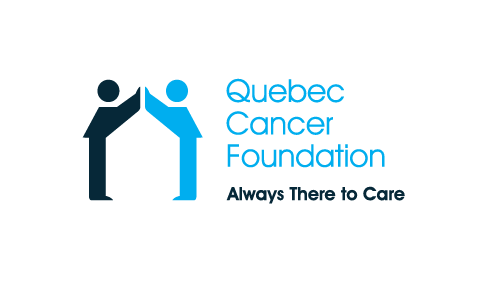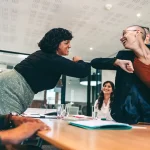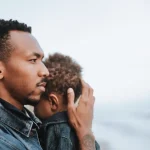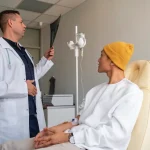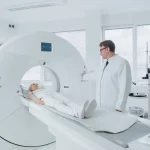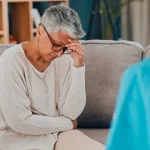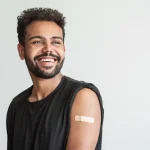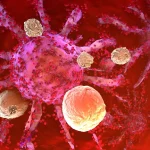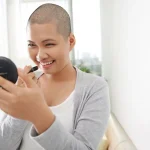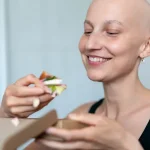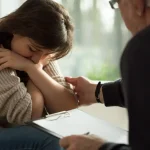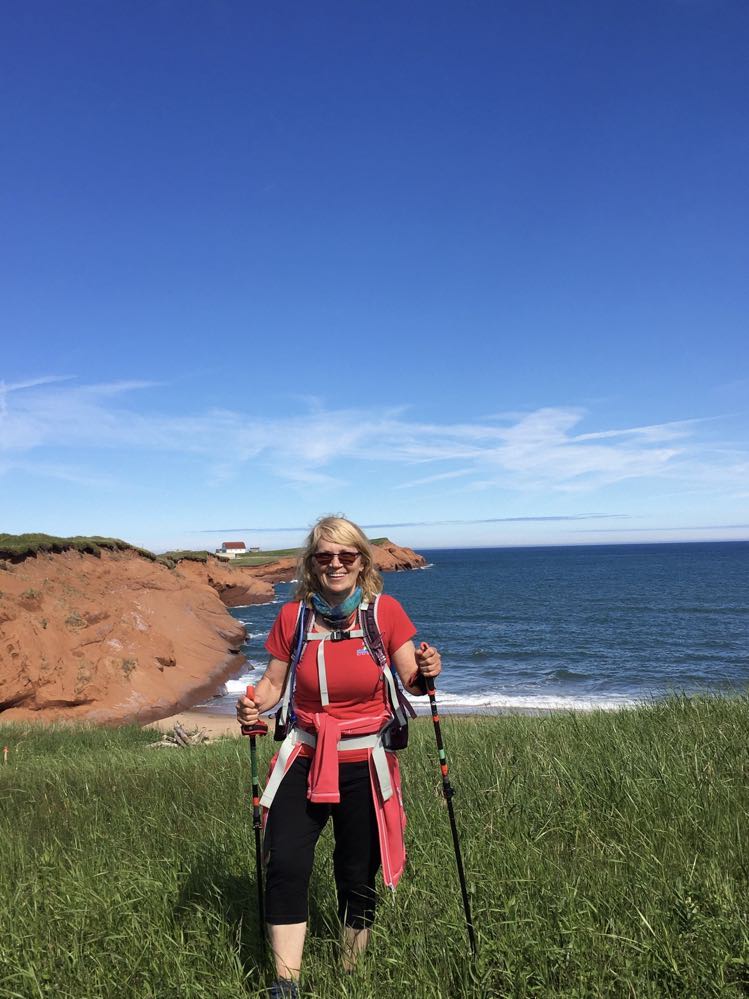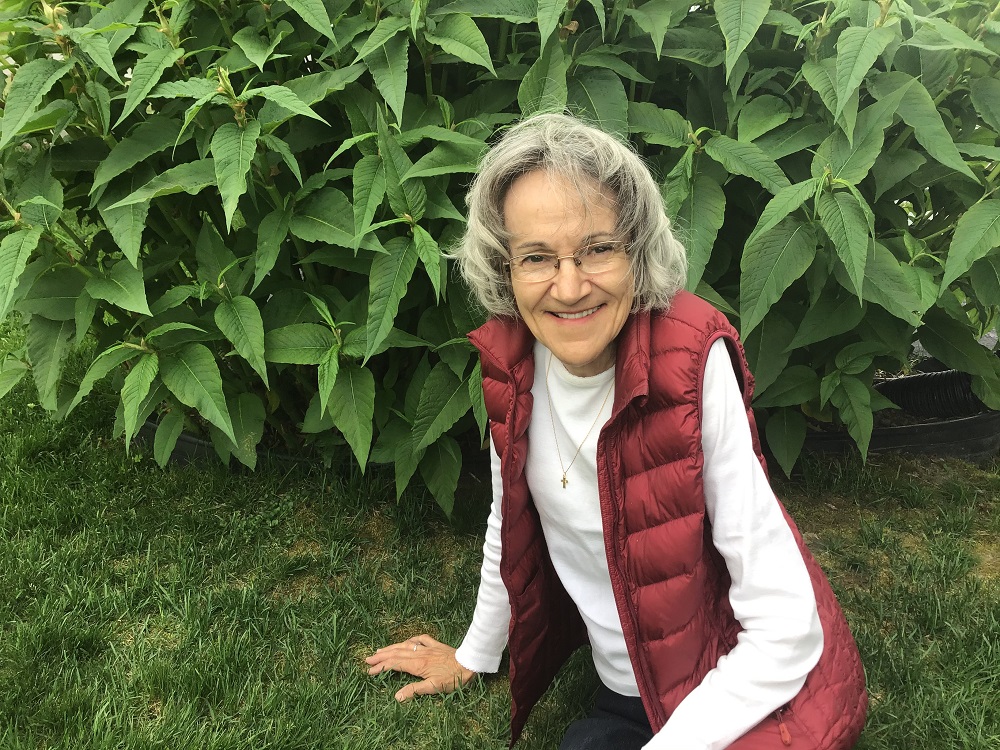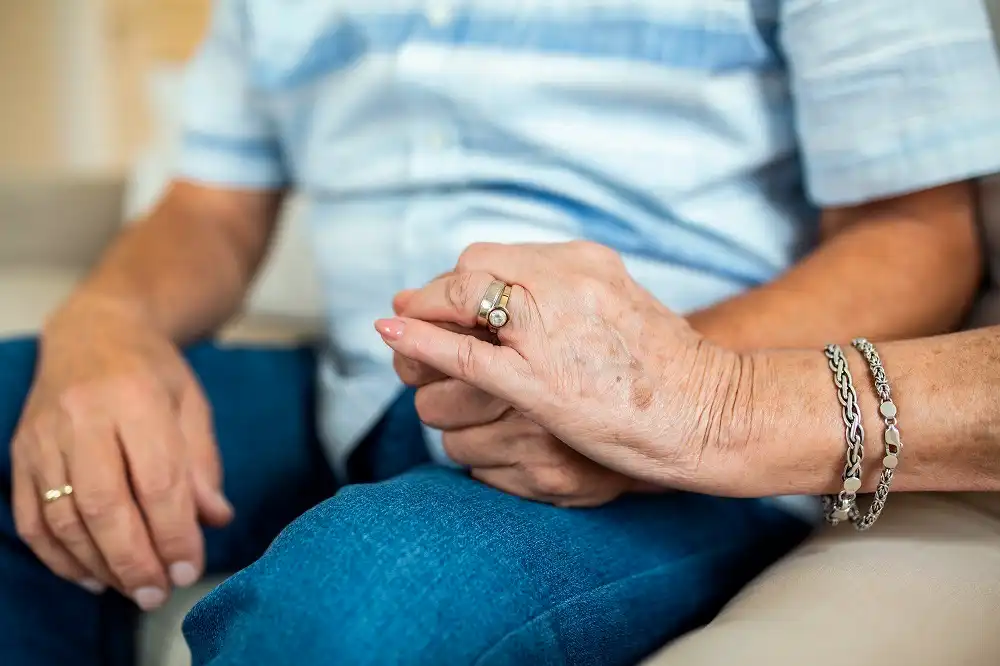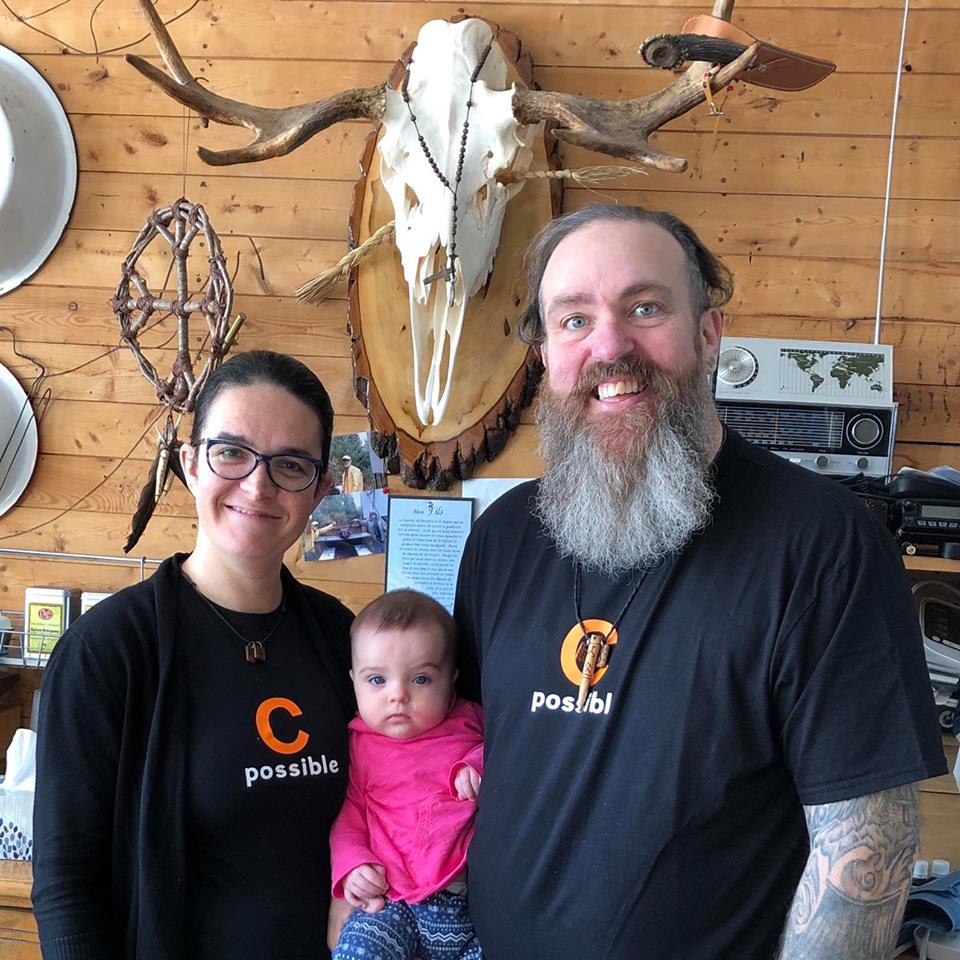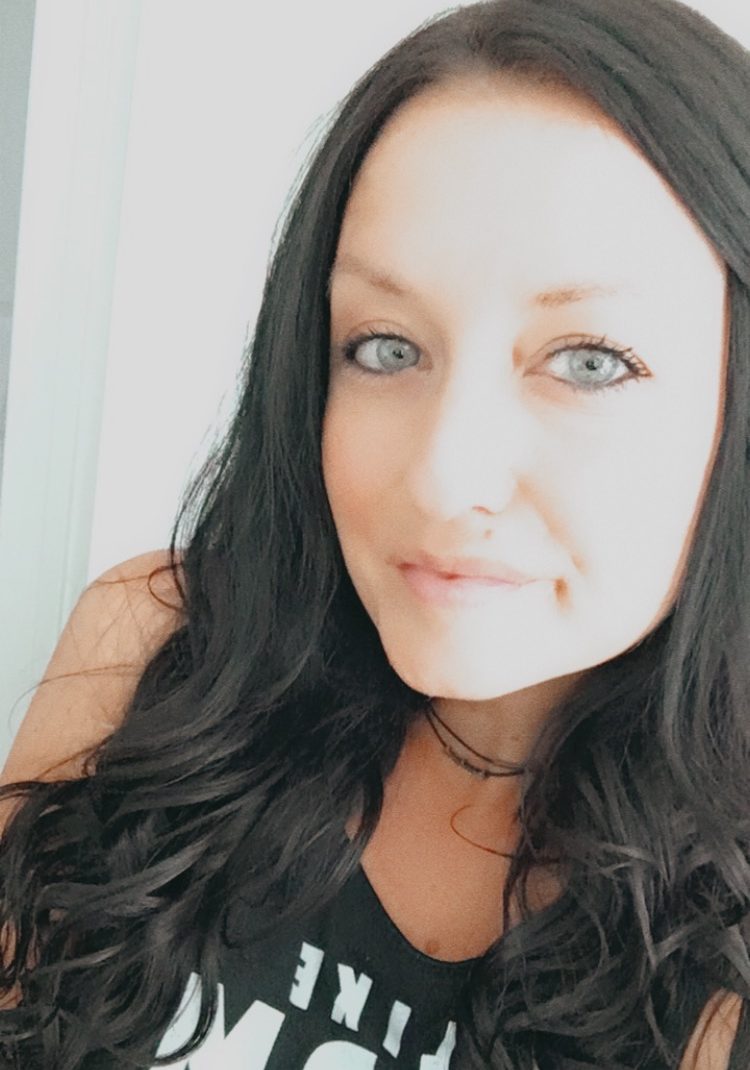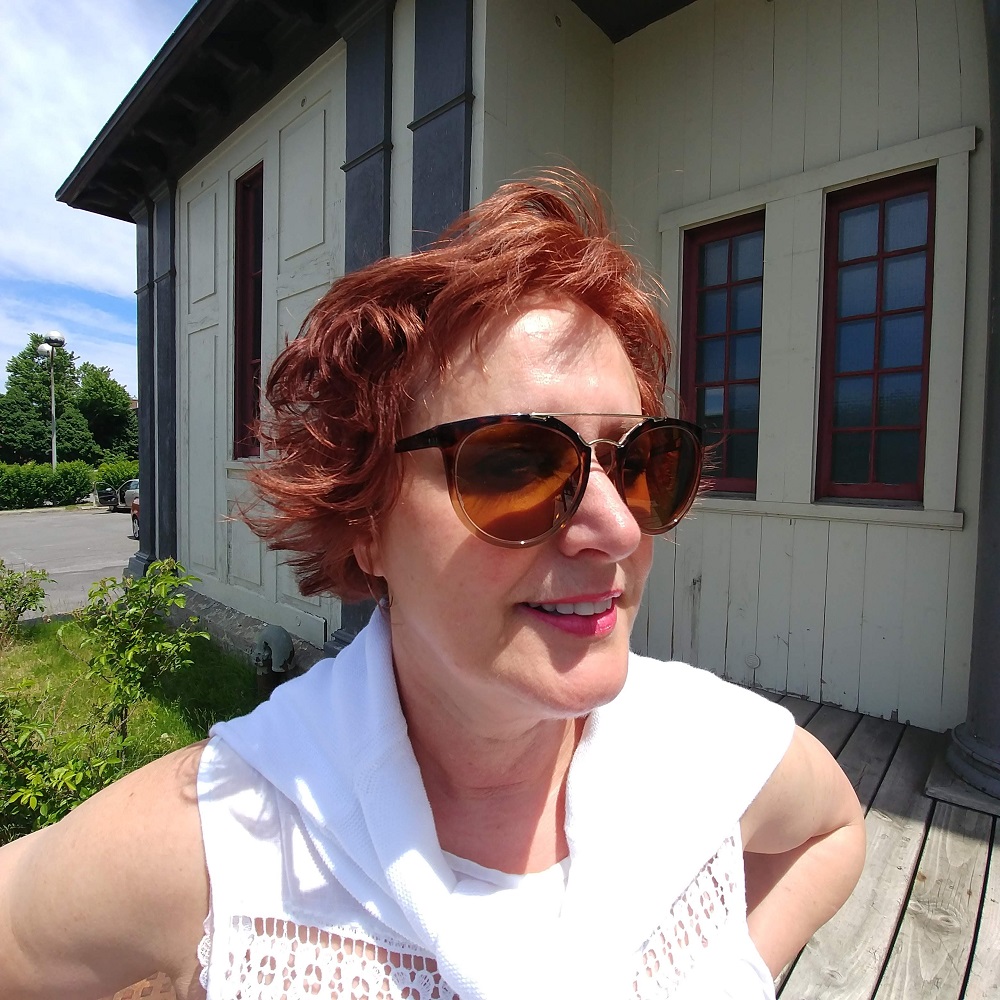Hearing that I had stage 4 colon cancer left me feeling as though the floor had dropped out from under me. I was freefalling, my brain spinning with a thousand questions and not a single answer. I began searching for information and came across the Quebec Cancer Foundation’s website, a treasure trove of means and resources to help me understand what was happening… and most importantly, how to make it through the ordeal.
From Being a Terror-Stricken Patient to an Informed Patient
I voraciously explored the Foundation’s resources, particularly those related to clinical trials. This gave me a sense of control over some aspects of the disease. The Foundation allowed me to stop being a mere witness to my diagnosis. I began to understand, I learned and I dared to ask questions.
“I went from being a terror-stricken patient to an informed patient. It proved to be a game-changer.”
My cancer journey began in a mundane way, during a visit to my family doctor. This visit was followed by a colonoscopy, then an MRI, and finally, the news that I had a severe obstruction in my transverse colon. Prognosis: a total colectomy (and yes, the procedure is as invasive as it sounds). The surgery led to the discovery of two implants — the final verdict: stage 4 mucinous adenocarcinoma.
Brutal? Oh yes. But in hindsight, this unplanned surgery may have been my saving grace. The irony? Had the implants been detected from the get-go, I would have possibly been admitted directly to the palliative care unit. This leads me to believe that, sometimes, not knowing everything right away can be a blessing in disguise.
A partner in my health
I spent a total of six months undergoing chemotherapy, both at the hospital and at home —a grueling marathon, both physically and mentally. It was during this time that I became yet more curious, and agreed to participate in a clinical trial comparing the effectiveness of an MRI and a laparoscopy. I felt as though I was contributing, in a certain sense for myself, but also for others. I was playing a role in cancer research.
Oncology experts and services with a human approach and care
This is also when I reached out to the Info-cancer Hotline. My call was answered by Marlène, a jewel of a nurse, kind, compassionate, and attentive. She listened to me, consoled me, and spoke to me about other resources, such as Onco+. And even though I failed to meet the criteria of the trials I subsequently found, I did attempt to do my part to support cancer research. That in and of itself was soothing.
And there’s more—Marlène also told me about the Info-cancer Library. Anne-Marie, a documentalist, sent me books – free of charge – that addressed the very things that were causing me such stress and anguish: the endless waiting, the fear that cancer would return, etc. Reading these books proved extremely helpful.
“Sometimes, hope can emerge from something as small as a phrase or a paragraph, bringing with it the strength to persevere in one’s battle against the disease.”
Cancer is not necessarily a death blow. Yes, the journey is filled with challenges and obstacles, but it also includes resources, displays of solidarity, and little surprises that make you believe in human kindness. Thank you to the Quebec Cancer Foundation for helping me live with this disease, make sense of what was happening, and even smile occasionally along the way.
